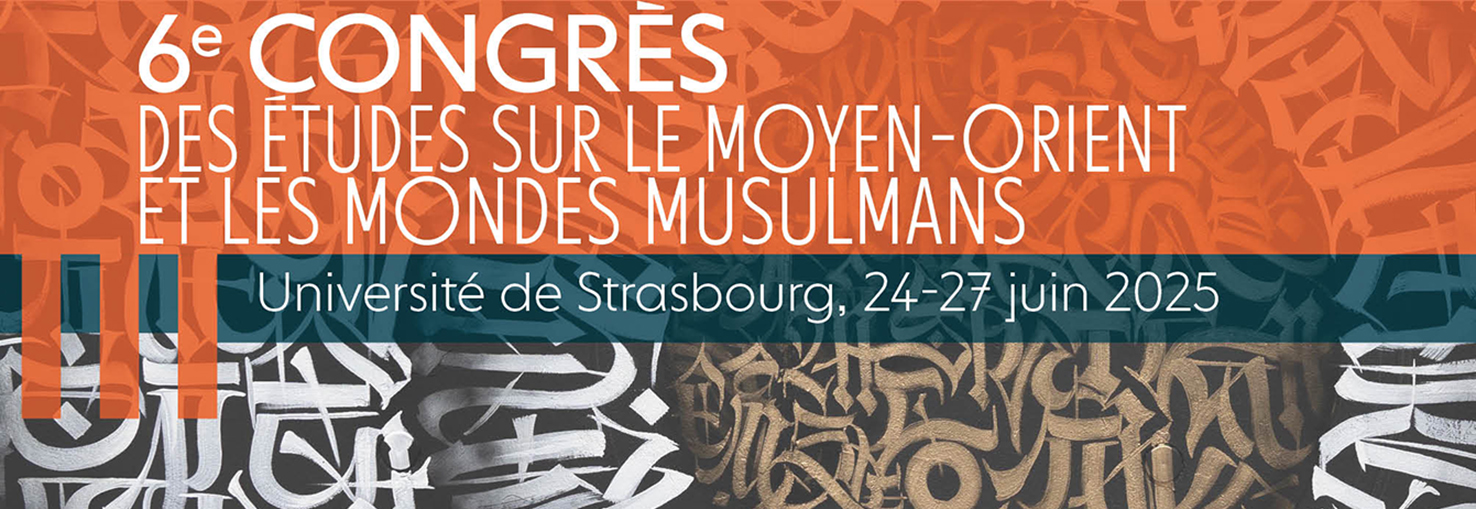Intervenants > Perrier Antoine
|
Table ronde des unités de recherche au Maghreb et au Moyen-Orient : faire de la recherche en temps de guerre
Katia Boissevain, Myriam Catusse, Séverine Marchi, Antoine Perrier, Joseph Rustom, Abbès Zouache, Sandra Aube Lorain
sciencesconf.org:momm-strasbourg:656589 |
Associations et gouvernement du social au Maghreb et au Moyen-Orient (XIXe -XXIe siècle)/Associations and social policies the Maghreb and the Middle East (19th - 21st century)
Annalaura Turiano, Antoine Perrier, Esther Moeller, Antoinette Ferrand, Sahar Saeidnia
sciencesconf.org:momm-strasbourg:579068 |
|


 Chargement...
Chargement...